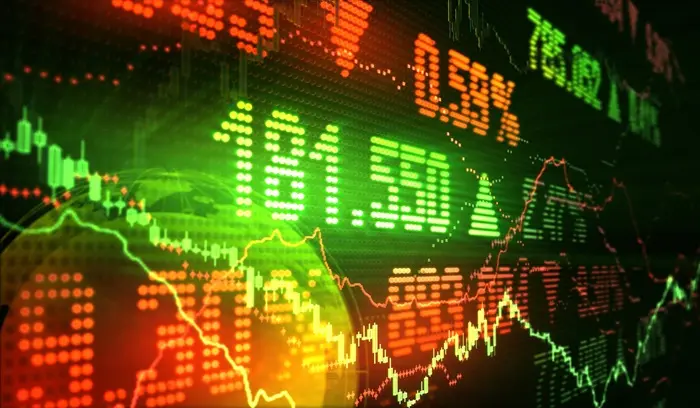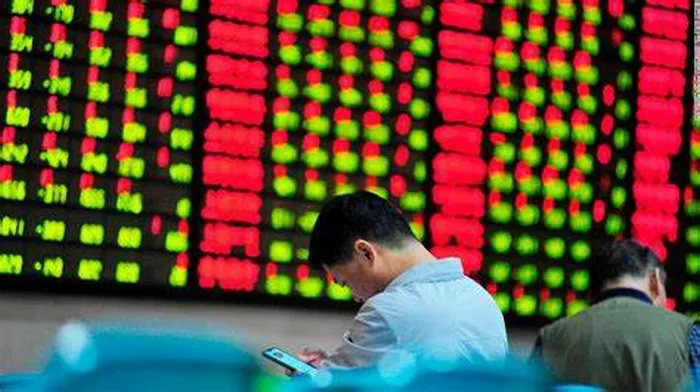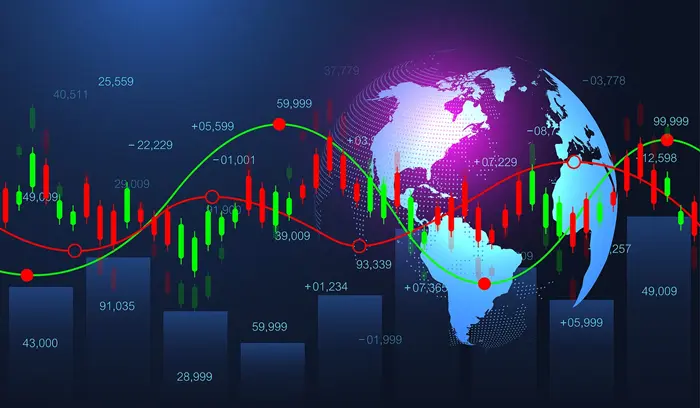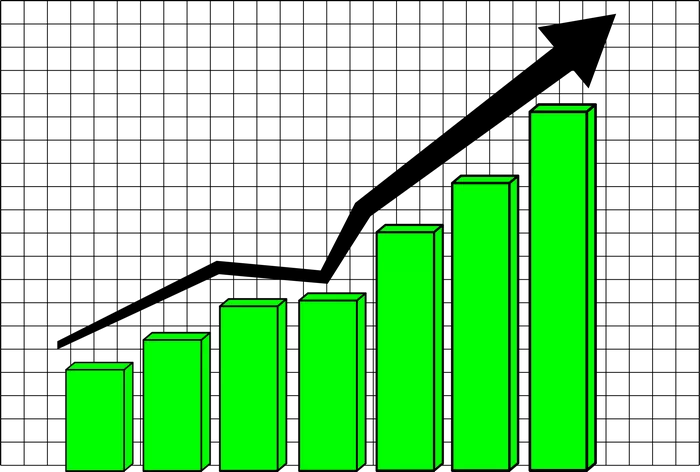Asian stocks advanced, with Hong Kong’s market outperforming after a key meeting between China’s President Xi Jinping and business leaders raised expectations for increased support for the private sector. The regional stock benchmark reached its highest level since early November, fueled by optimism surrounding China’s economic outlook.
In contrast, Australian stocks continued to slide after the central bank lowered its policy rate. The US dollar strengthened against all its Group-of-10 peers, and US Treasury 10-year yields rose by three basis points to 4.5% as the bond market reopened after the Presidents’ Day holiday. Federal Reserve Governor Christopher Waller stated that recent economic data supported holding interest rates steady until inflation shows more progress.
Xi’s Meeting with Business Leaders Boosts Market Sentiment
The rally in China’s stocks gained momentum following a meeting between Xi and corporate leaders, including Alibaba co-founder Jack Ma. Many analysts interpreted the meeting as a potential turning point after years of regulatory crackdowns on the private sector. Additionally, DeepSeek’s breakthroughs in artificial intelligence have contributed to a surge of over $1 trillion in Chinese stock market value.
However, Hao Hong, partner and economist at Grow Investment Group, cautioned that while the rebound is promising, the rally could not be considered a long-term trend without substantial changes. “If you really want a sustainable bull market, you need a sustainable growth model going forward,” Hong said in a Bloomberg TV interview.
Tech Sector Leads Hong Kong’s Market Gains
The meeting with business leaders highlighted China’s more favorable stance toward the tech sector, which includes major companies like Alibaba and Xiaomi Corp. The Hang Seng China Enterprises Index surged, with technology stocks leading the charge, reflecting a strong rally driven by DeepSeek’s AI progress. This marks the highest level for Hong Kong’s tech sector in nearly three years.
Xi’s summit brought together influential figures from various industries, including chipmaking, electric vehicles, and AI, showing Beijing’s shift toward supporting the companies that power the country’s economy, particularly as tensions with Washington grow over global trade tariffs.
China’s Bond Yields Rise as Stock Rally Weighs on Debt Demand
In the bond market, China’s 10-year government bond yields rose by 4 basis points to 1.73%, marking the highest level since December. Tight cash conditions in the local market and the rally in stocks reduced demand for government debt.
Fed Governor Signals Potential for Future Rate Cuts
Meanwhile, Federal Reserve Governor Waller commented on US inflation, suggesting that if inflation behaves similarly to 2024, the Fed could resume rate cuts later this year. “If this wintertime lull in progress is temporary, as it was last year, then further policy easing will be appropriate,” Waller said during scheduled remarks in Sydney. However, he emphasized that until inflationary trends are clearer, he favors keeping interest rates steady.
Australian Dollar Fluctuates Amid Central Bank Policy
The Australian dollar briefly climbed before paring its gains after the Reserve Bank of Australia expressed caution about future rate cuts following its decision to lower the official cash rate.
Commodities: Oil and Gold Hold Gains
In commodities, oil prices continued their advance after OPEC+ delegates indicated they might delay restoring output. Ukrainian drones also targeted a crude-pumping station in Russia. Meanwhile, gold held onto its gains after rising 0.5% on Monday, reflecting continued investor interest in safe-haven assets.
Related topics:































